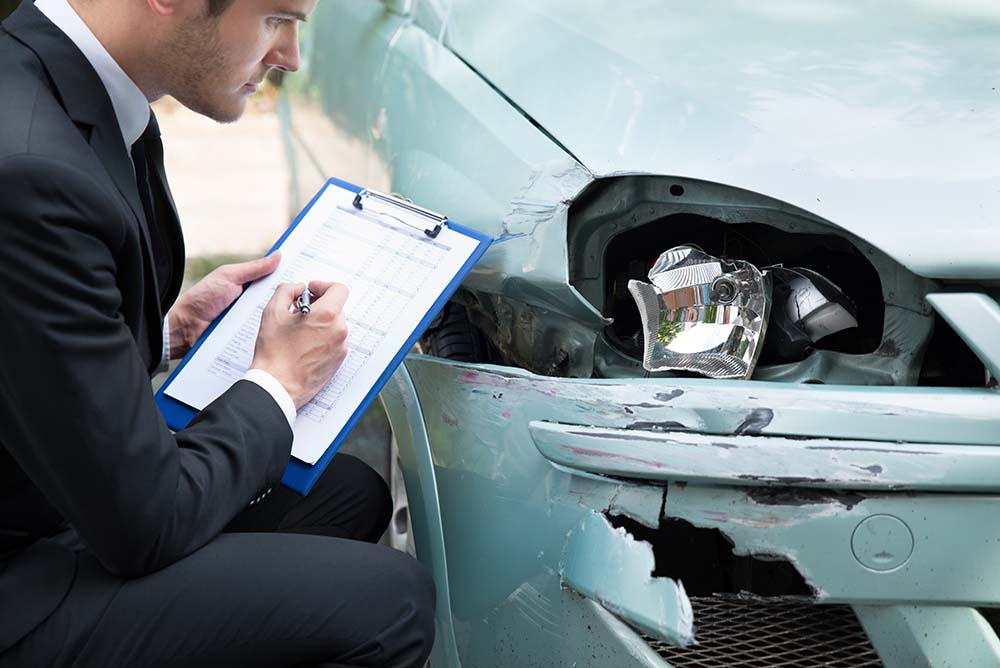Traffic court can be intimidating, especially after a crash. The traffic court rules can be confusing, and it’s not always obvious what will happen next.
But with evidence on your side, you can handle the process with confidence. That’s where a Texas crash report can help.
Below, we explain why traffic crash reports are helpful, and how to use your report in traffic court.
What Is a Crash Report in Texas?
A crash report is a summary of a traffic accident. It sets out what most likely happened to cause a crash involving one or more vehicles.
- Texas peace officers are responsible for completing crash reports in the state.
- Texas Department of Transportation (TxDOT) oversees the collection of crash reports occurring on state highways and public roads.
In Texas, you can normally obtain a copy of a crash report if you are:
- A driver involved in the crash
- A passenger injured in the crash
- Lawyers representing a party involved in the accident
- Insurance agents handling an insurance claim from the accident
Who Needs a Texas Crash Report?
In Texas, you must report any crash involving injuries, or property damage worth over $1,000. So, you need a crash report if there’s bodily injury, however minor, or significant property damage. And you need to wait at the scene until an officer responds.
But even if you don’t think you need a traffic report, you should still get one. There is always the risk that someone who looks fine is hurt. Or that the property damage is worse than it seems. Err on the cautious side and report all accidents.
Obtaining a Texas DPS Crash Report Online
It’s simple enough to get a copy of a TX accident report, or Texas DPS crash report.
- Have basic details, such as the report number and your information, to hand.
- Use an online service to request a copy of the report. This typically involves filling in a form.
- Pay any associated fees for obtaining a copy of the report.
- Check your report for errors. These should be corrected urgently so they don’t affect any claims you might make.
Not sure where to find your report? That’s where we come in. Contact Auto Accident Records and we’ll find out exactly where your report is – and how you can get a copy!
What Does a Texas Crash Report Show?
Your report is, essentially, your crash record. It sets out key facts about the crash and what, based on the evidence, most likely caused the crash. Information included in a Texas crash report includes:
- The date, time, and location of the accident
- Details of vehicle(s) involved
- Details of driver(s) involved
- Witness details
- Damage to vehicle(s) if applicable
- Personal injuries if applicable
- Traffic citations if any
- Road conditions at the time of the crash
- Hazards which contributed to the crash
You can send a crash report in Texas to your insurance company. It may also be used as evidence in personal injury or other civil claims.

What Is Traffic Court?
In Texas, traffic court is where you go if you receive a traffic ticket for allegedly doing something wrong while driving. This could be, for example, running a red light or stop sign, or speeding.
You can either respond in person to a ticket or mail your response to the court. But either way, whether you plan on pleading guilty or not, you can’t ignore a ticket!
How Does Traffic Court Work?
It’s a simple process.
- If you get a ticket, the officer will tell you when to “appear” in court.
- On or before the appearance date, decide if you’re pleading guilty or not guilty to the ticket.
- Put in your plea, whether this is by mail or by heading to court on the appearance date.
- If you’re found at fault, you’ll have a fee to pay. You can pay it on the day, or you’ll have 30 days to settle the ticket.
- Rather than a fine, you might have a chance to attend driving classes. This is at the court’s discretion.
But how does a Texas crash report help you in traffic court? Let’s take a look.
How Does Finding My Texas Crash Report Online Help in Traffic Court?
There are four main reasons why having a TX crash report helps in traffic court. So, although you’re not obliged to have your own copy, or present the report in court, here’s why you might.
1. Challenging the Officer’s Narrative
The attending officer sets out what they believe happened to cause the crash. Unless the officer witnessed the crash, this is merely based on what they find at the scene. It’s an opinion rather than fact!
If you have your own copy of the report, you’ll have a chance to inspect it carefully before attending court. You can decide if you agree, or disagree, with their narrative.
2. Present Your Own Evidence
Even if you partly agree with the officer’s narrative, the report could still help you. For example, you might have a speeding ticket, but maybe the speed limit sign was obstructed.
If this obstruction is noted in the report, you can point to this as evidence to help your case. Or you can present your own evidence, such as pictures, to show the obstruction.
Seeing the report before your appearance date means making an informed decision whether to accept or reject the ticket.
3. Confirm Fault
An accident report helps insurance companies, lawyers, and judges decide who might be at fault for a crash. If someone else caused the crash, you might try to rely on the report to prove your case.
Even if you get a ticket, and even if you’re partly to blame for the crash, you do deserve justice. If you can show that someone else is also partly to blame, it could help mitigate your punishment.
For example, you might pay a smaller fine or have the chance to attend a driving course instead.
4. Make Objections
Your crash report puts you in control of your own case in traffic court.
If you don’t have an attorney, then you can base your objections on what specific parts of the report you disagree with. You can build a compelling case by showing why your version of events is correct.
Or you can decide if it’s best to plead “no contest” or “guilty” and try to move forward. The main benefit is that, with a report to hand, you’re in control.
Find Your Texas Crash Report Now
Do you need to find your Texas crash report online? Let Auto Accident Records help. We know exactly where to look to find any crash report in Texas. And we’ll send where to find your report straight to your inbox.
Our service is completely free to use. Start by completing our short form and we’ll get to work on your behalf. Don’t delay – contact Auto Accident Records to learn more.
